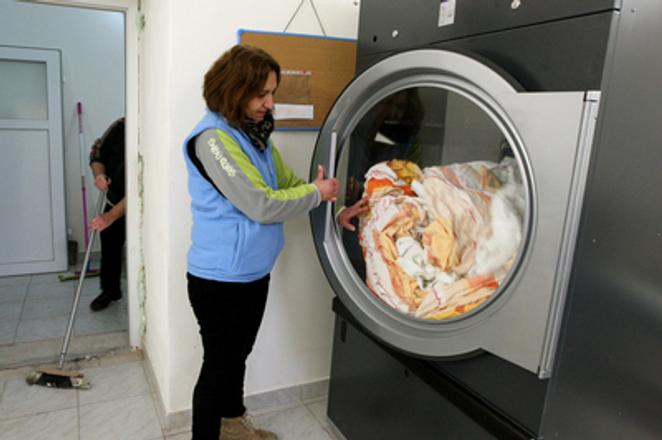The children from Brno, Plavecký Štvrtok and Spišské Podhradie made a film in which they asked the survivors of World War II and the communist regime how the period laws contributed to the Roma Holocaust, what were the stories of Roma in Czechoslovakia and how their lives continued in the communist times – and what recent democracy has brought to them.
The documentary “Unwritten Stories / Příběhy, které nebyly napsány” appeared thanks to the project called We and Our History / My a naša história which aims at boosting the perception of won identity in the Roma, while also warning that history can be repeated at any moment.
“In community centres, we considered how to help Roma children become more aware of their identity,” Petra Melikantová of the project told the TASR newswire in mid-January, when presenting it. “They often see themselves as inferior.” Thus, they wanted to divert their attention from current issues and focus them more on history. They started asking the children to cooperate on the project.
Roma youths recorded on camera the testimonies of Czech and Slovak Roma elders who talk about their lives and fates throughout the 20th century.
Document brings also surprises
Despite the difficult and often dramatic stories, there are surprising moments – like the support from the majority population during the war; however, the situation got worse after the Slovak National Uprising and the ensuing crackdown and the majority got scared, as the Hlinka’s Guards – Slovak Nazi-inclined units – intensified attacks on Roma settlements.
Before WWII, Roma used to go to help the non-Roma in the fields or on farms; but this changed during the war, too. Also, Roma were not allowed to travel on trains freely – they could only use the last carriage. On the local tracks – e.g. from Spišské Podhradie – where there was often only a single carriage they could not travel at all. They were also forced to visit only the doctor allocated to them, and could not be examined by anyone else.
Communist times are remembered by Roma as a time when they had jobs, were allowed to attend schools together with the majority population and felt a higher esteem in society, feeling a part of it. They perceive the current democratic regime as more difficult, as jobs are scarce and the price of food is high, Melikantová noted.
The young Roma who worked on the movie noted for TASR that their respondents perceived the war times as much more difficult and the communist era as rather easier than 21st century democracy.
The documentary is available at pribehyromu.wixsite.com/mysite, with the non-governmental organizations People in Perils / Človek v ohrození and DROM, Roam centre in Brno, cooperating on the project.


